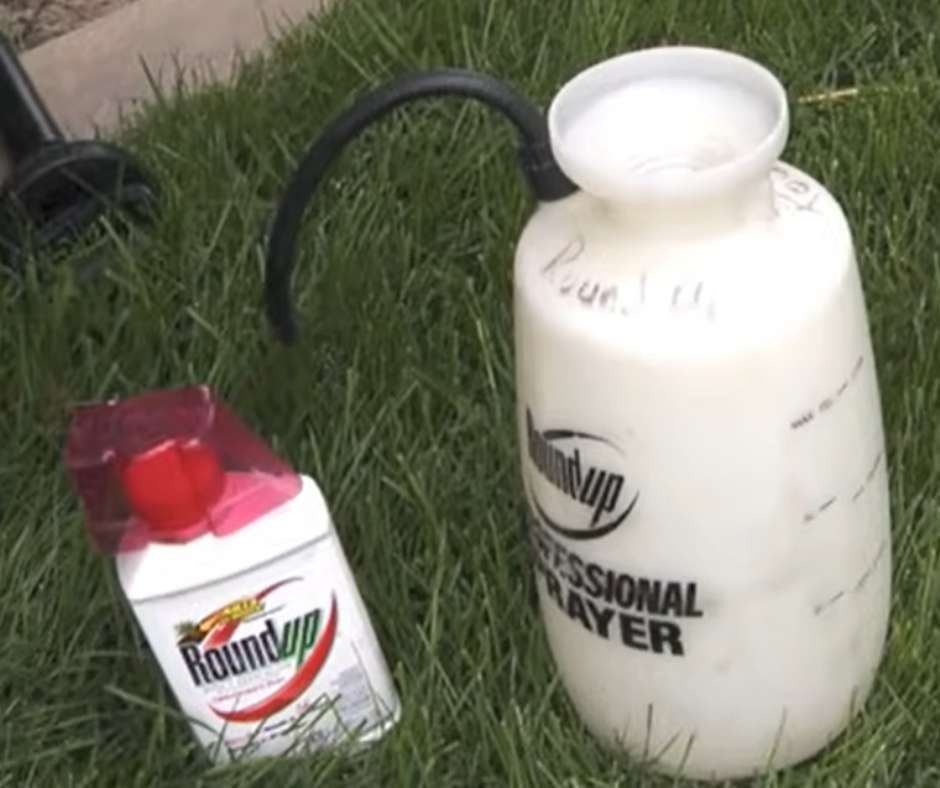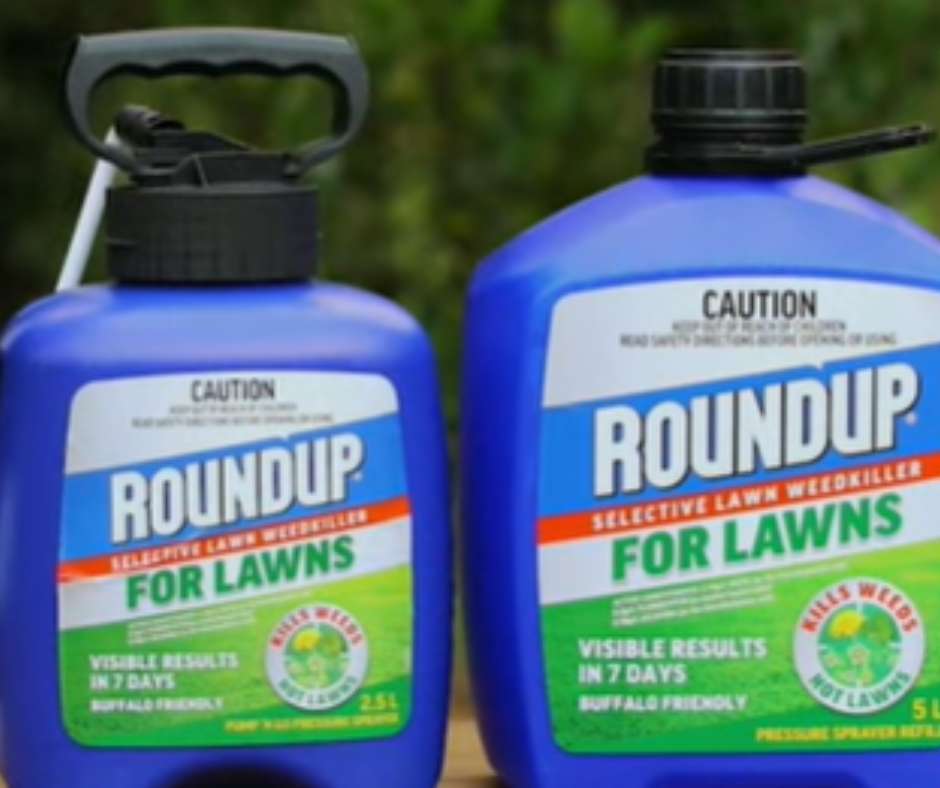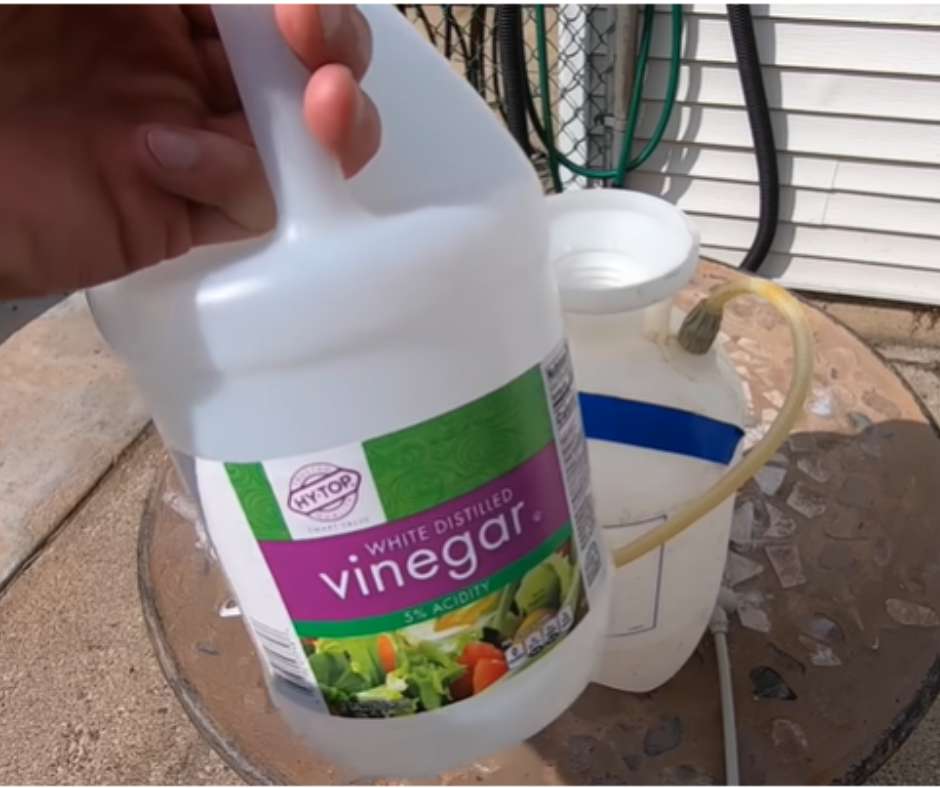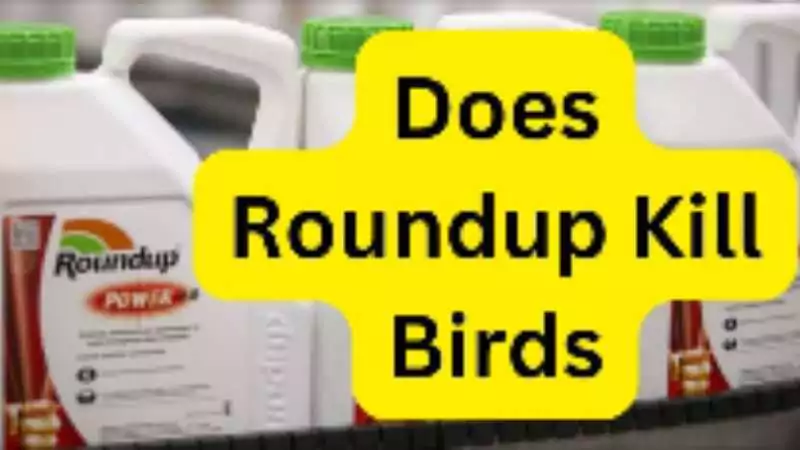Have you ever paused to ponder if the Roundup in your shed is more than just a weed eliminator? It’s a question many are asking: does Roundup kill birds, disturb bees, or harm the plants and animals we cherish?
Roundup, known for its glyphosate, is debated for potential harm to birds and wildlife. Studies suggest risks to ecosystems, urging cautious use and alternatives. The impact on birds is under study, highlighting the need for ongoing research and careful consideration.
In this journey, we’ll peel back the layers of Roundup’s influence. It’s not just a story about the weeds it wipes out but also about the subtle echoes in our environment and the lives it touches, from minor bees to the birds overhead.
As we dive deep, we’ll explore how this common herbicide might affect our feathered friends and the buzzing pollinators essential to our ecosystem. Join us as we navigate the complexities of Roundup and its potential ripple effects on nature.
It’s time to find out the full story behind that bottle and answer the question: does Roundup kill birds and impact our environment more than we realize?
Understanding Roundup and Its Ubiquity
History and Usage
Roundup, a household name since the 1970s, was introduced by Monsanto, now a part of Bayer. Known for its effectiveness, thanks to glyphosate’s vital ingredient, it has become a standard solution for weed control, from small gardens to large farms.
It’s like a trusty tool in the shed, always ready to tackle unwanted plants and keep landscapes tidy.

Public Perception and Concerns
However, Roundup’s journey hasn’t been without concerns. People have started to question its impact on the environment and health. Key worries include its effects on birds and bees, crucial players in our ecosystem for pest control and pollination.
Does Roundup harm these vital species? This question is at the heart of many discussions.
Scientists, too, are delving into glyphosate’s effects, uncovering findings that urge caution. Their research points to potential long-term impacts on soil, water, and various life forms.
As we explore Roundup’s role in our lives, we must consider these insights and balance our needs with environmental care and the well-being of all living beings.
The Great Debate: Is Roundup Safe to Use or Not?
Roundup’s safety is a big topic, with folks on both sides sharing solid views. Some people are worried about how it might affect our health and the environment. They wonder if the chemicals might harm us, the birds, the bees, and the plants we love.
On the other hand, groups like the EPA and other international organizations have looked into Roundup. They’ve set rules on how it should be used, trying to make sure it’s safe. Meanwhile, the company that makes Roundup and some scientists say it’s okay if used right.
It’s like a tug-of-war with safety, nature, and farming all in the mix. We’ve got to listen to both sides – those making Roundup and those worried about its effects. This way, we can make the best choices for ourselves and the world.

Diving Deep into the Effects on Flora and Fauna
When we spray Roundup, it doesn’t just touch the weeds. Birds, bees, plants like hostas, and other wildlife might feel the effects, too. Birds need safe places to live and lots of food, like insects, which can get scarce when we use too much weed killer.
Bees, those busy little pollinators, might get sick or not be able to find enough food, which is bad news for them and us.
Some gardeners have noticed that not just the weeds wilt but also some of their beloved plants like hostas. It’s essential to be careful where we spray. And what about other animals? Frogs, deer, and many others might also be affected.
Scientists are working hard to figure out how Roundup impacts all these creatures. While they do, we must consider how we use it, keeping our feathery, buzzy, and leafy friends in mind.
The Ecosystem’s Guardians: The Vital Roles of Birds and Bees
Birds and bees aren’t just pretty; they do a lot of heavy lifting in nature. Birds keep pesky bugs away and help plants by spreading seeds. Bees are like nature’s busy gardeners, moving pollen from one flower to another and helping plants grow fruits and seeds.
When we use chemicals like Roundup, we might hurt these helpers without meaning to. Imagine a garden without birds to sing or bees to buzz around flowers. Not as lively, right? And it’s about more than just our gardens looking pretty.
With birds and bees doing their part, plants and crops will grow, and entire food chains can improve. So, when we think about using weed killers, it’s super important to remember these tiny guardians and all the big jobs they do for our world.
Is Glyphosate Truly Safe?
Glyphosate, the central part of Roundup, is at the heart of many talks and studies. Scientists keep looking into how it affects health and the environment. Some say it’s safe when used carefully, while others are worried about its effects on people and nature.
There are many different thoughts on glyphosate. Some folks trust it to keep their gardens and farms in tip-top shape. Others think we should be more careful or look for other ways to deal with weeds.
It’s a considerable discussion with many opinions, and everyone’s trying to figure out the best path forward while keeping our world safe and healthy.
What Are Safer Alternatives to Roundup?
Precautionary Principle
It’s like wearing a helmet when riding a bike—being safe is better! The precautionary principle means if we’re not sure something is safe, like Roundup, maybe we should be careful or find another way.
Alternative Pest Control Methods
There are other ways to keep gardens happy without harsh chemicals. You might pull weeds by hand, use natural sprays, or plant things that attract fewer pests. Vinegar is also a good alternative with salt and dishwasher. Every little bit helps keep our earth and all its creatures healthy and thriving. It’s all about finding kinder ways to grow plants and protect our buzzing and chirping friends. Source: Drugwatch

The Path Forward: Advocating for a Balanced Approach
Need for Ongoing Research
Like detectives keep looking for clues, scientists must keep studying Roundup. The more we know, the better we can understand how it affects everything around us. It’s essential to keep learning and sharing new information.
Community and Individual Action
Every one of us can make a difference. It could be choosing a different way to deal with weeds or talking with friends and neighbors about what we’ve learned. When we all do a little bit, like caring for our backyard, we help the whole planet. It’s all about making intelligent choices and helping each other.
People Also Asked
Can I use Roundup in my vegetable garden?
It’s best to be careful with Roundup in your vegetable garden. Instead, try other ways to handle weeds, like mulching or hand-pulling. If you use it, follow the label carefully and avoid spraying on the plants you plan to eat.
Can you spray Roundup around chickens?
Spraying Roundup, where chickens can peck and scratch, is not a good idea. Chickens might eat plants or bugs that have been scattered, which isn’t safe. Keep your feathery friends in mind and use safer methods to control weeds in their area.
How long is Roundup toxic to animals?
Roundup can stay active for a while, depending on the environment. It might be a few days or more. Always check the label for specific guidelines and wait the recommended time before letting animals back into the treated area.
Is Roundup safe for humans?
There’s been a lot of debate about this. Some say it’s safe when used correctly, while others are concerned about long-term effects. It’s important to follow safety instructions closely and consider using alternative methods, especially around places where kids and pets play. Always stay informed and make choices that keep everyone safe.
Wrap Up
Throughout our journey, we’ve explored big questions like “Does Roundup kill birds?” and how it might affect bees, plants, and other wildlife. We’ve learned that while it’s a popular tool for removing weeds, it might have some unexpected impacts.
Now, it’s up to us to keep learning, talking, and making thoughtful choices. Let’s share what we know and look for ways to care for all the living things around us. By staying curious and working together, we can ensure our gardens and the world remain healthy and full of life for everyone. Let’s be the change we want to see!

